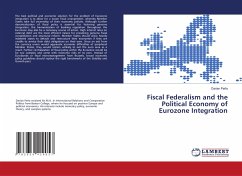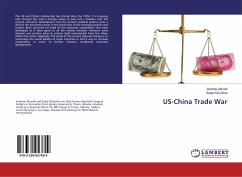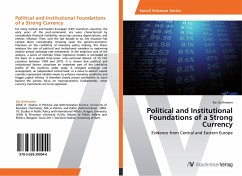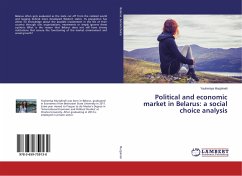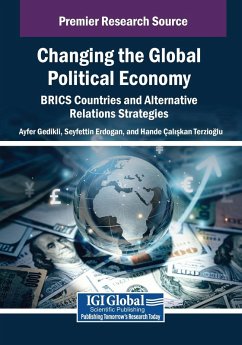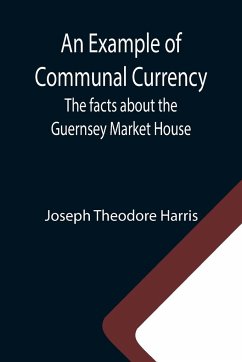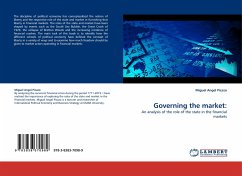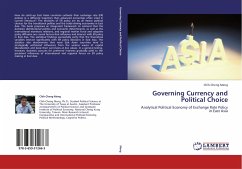
Governing Currency and Political Choice
Analytical Political Economy of Exchange Rate Policy in East Asia
Versandkostenfrei!
Versandfertig in 6-10 Tagen
52,99 €
inkl. MwSt.

PAYBACK Punkte
26 °P sammeln!
How do catch-up East Asian countries cultivate their exchange rate (ER) policies in a different trajectory than advanced economies often cited in current literature? The decisions of ER policy are by all means political choices for the transitional polities and the trade-driving economies in East Asia. The book proposes an integrated framework to contend that the domestic distributional politics and economic determinants, as well as the international monetary relations, and regional market force and adaptive policy diffusion are crucial factors that influence and interact with ER policy in Eas...
How do catch-up East Asian countries cultivate their exchange rate (ER) policies in a different trajectory than advanced economies often cited in current literature? The decisions of ER policy are by all means political choices for the transitional polities and the trade-driving economies in East Asia. The book proposes an integrated framework to contend that the domestic distributional politics and economic determinants, as well as the international monetary relations, and regional market force and adaptive policy diffusion are crucial factors that influence and interact with ER policy in East Asia. The statistical findings successfully verify that the theoretical variables interact significantly with ER policy decisions in East Asia. The statistics also demonstrate that most East Asian countries tend to strategically withstand influences from the various waves of capital liberalization and keep their currencies at low values. In a general testing, however, domestic pursuits forpreferred interests gradually yield to the persistent influences of international and regional forces on ER policy making in East Asia.



